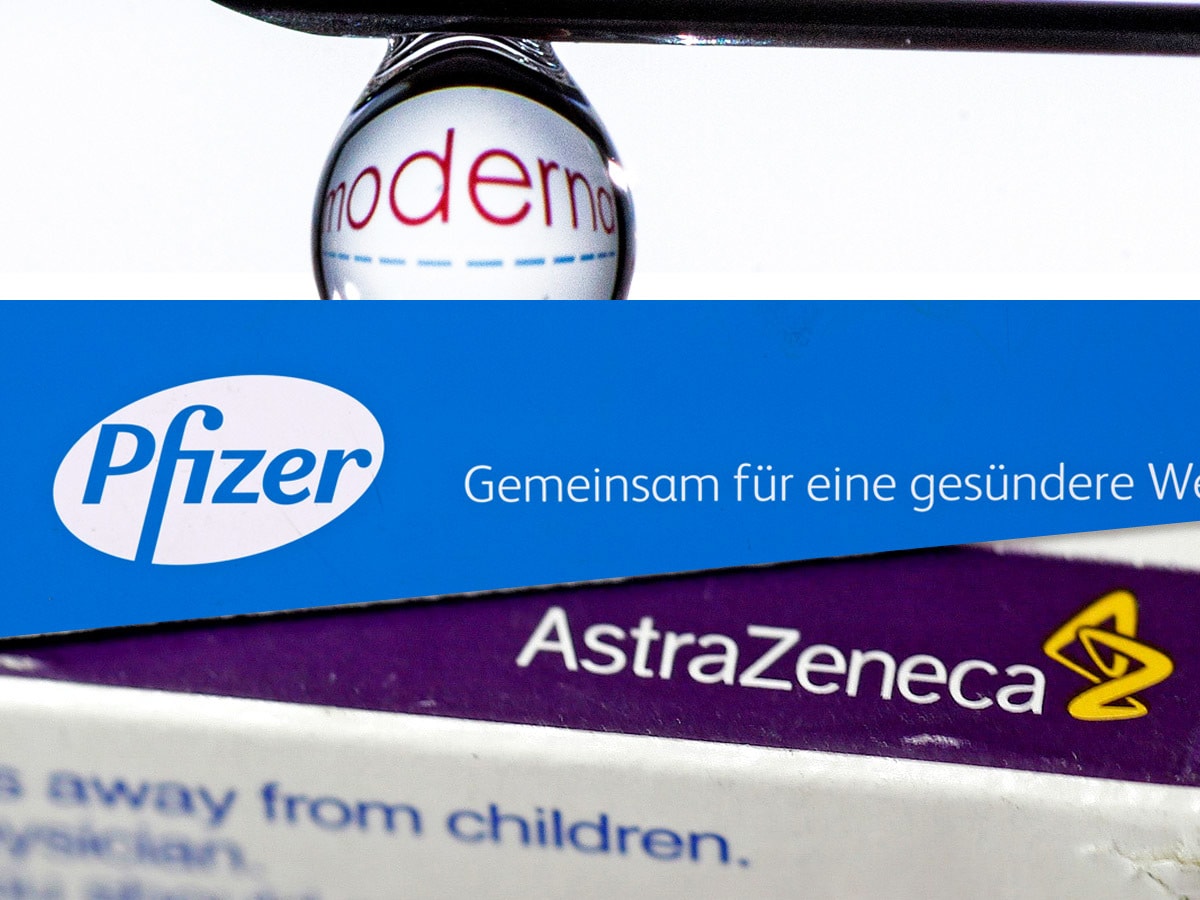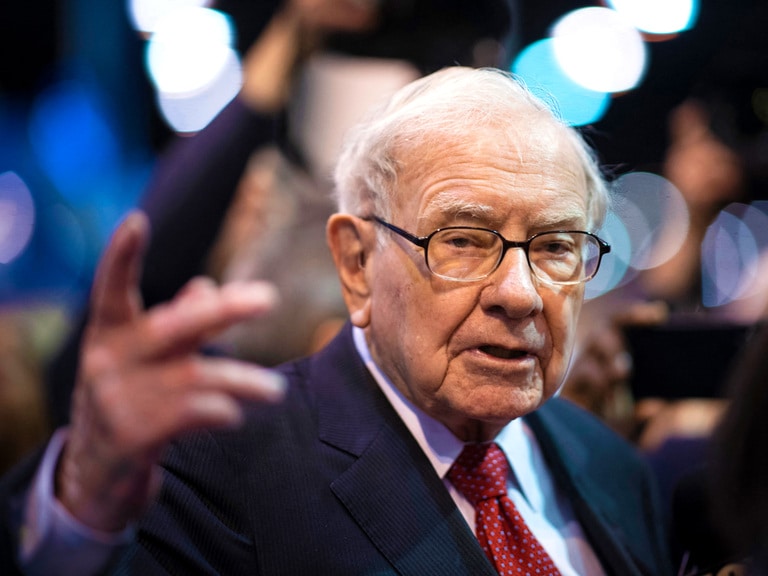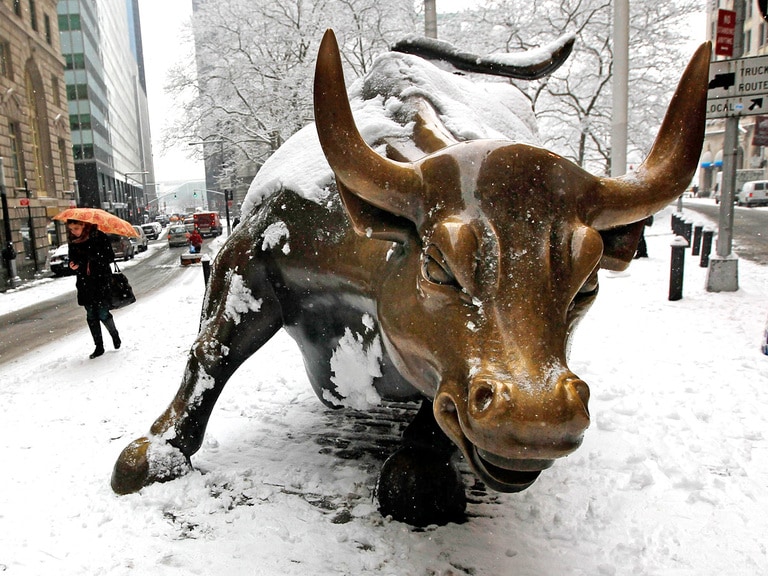The recent coronavirus vaccine successes have given the pharmaceutical industry a much-needed boost. However, just as the vaccine candidates are not 100% effective, the news has not been a cure-all for the pharma stocks.
Prior to announcing that its vaccine candidate has a 90% efficacy rate on 9 November, Pfizer’s [PFE] share price was down 8.5% since the start of the year. The day the news broke, Pfizer’s share price finished 7% up on its previous close, peaking at a then-52-week high of $39.84 during intraday trading.
News of Moderna’s [MRNA] vaccine success — a 94.5% efficacy rate — came a week later. Moderna’s share price was already up 357% year-to-date through 13 November’s close. The stock closed up 9.6% on 16 November, hitting a then-all-time high of $103.20 during intraday trading. Moderna’s share price has continued to push higher since – the stock has climbed a further 62.9% as of 7 December’s close.
AstraZeneca [AZN.L] developed its vaccine candidate in partnership with Oxford University. It revealed an efficacy rate of 70% pre-market on 23 November, which saw its share price close 3.8% down. AstraZeneca’s share price was up 5.4% year-to-date at 8,071p as of 7 December’s close. This is some way off its all-time intraday high of 10,120p, which it reached on 20 July following news of its successful first COVID-19 vaccine trial.
Testing times
Given the test-and-trial nature of developing vaccines, pharma stocks can oscillate on the news of successes and setbacks. In the case of AstraZeneca, 70% effectiveness would typically be applauded — the seasonal flu jab has a 40% to 60% efficacy rate — but Pfizer and Moderna had set the bar high for the UK firm.
Prior to AstraZeneca’s announcement, Daniel Mahony, healthcare fund manager at Polar Capital, told Bloomberg: “Disappointing would be anything less than 80% … if the data [is] disappointing, there must be something in the share price and so the stock will be weak.”
"Disappointing would be anything less than 80% … if the data [is] disappointing, there must be something in the share price and so the stock will be weak" - Daniel Mahony, Polar Captial
AstraZeneca’s vaccine candidate has logistical benefits, however. It can be held for a long time at fridge temperature rather than requiring ultra-cold storage like the other two.
A vaccine development powerhouse
Despite not seeing a pop in its share price like its rivals, Berenberg analysts are bullish on AstraZeneca and reiterated a Buy rating on 19 November. They set a price target of $105.
AstraZeneca has reached an agreement with Oxford University to produce its vaccine on a not-for-profit basis in order to boost vaccination programmes in developing countries.
As for Moderna, George Farmer, an analyst at BMO Capital, believes that the good news is probably already baked into its share price.
Earlier this month, Farmer downgraded the stock from Outperform to Market Perform and set a price target of $109 following an upturn in the last week of November. Hitting this would represent a 31.7% decrease on its closing price of $159.52 on 7 December.
According to MarketWatch, Farmer recommended “taking some profits” and saw only “limited upside” from the vaccine, even if emergency use of its candidate is approved before the year is out, and full use approved in 2021.
Farmer did, however, note that its coronavirus success could help establish the Massachusetts company “as a new vaccine development powerhouse”.
Orders of Moderna’s coronavirus candidate should boost revenue for AstraZeneca and Pfizer over the next year or two. There’s also the question of whether people will need to be inoculated annually. Morgan Stanley has forecast that Pfizer and its vaccine partner BioNTech [BNTX] will split $13bn in revenue evenly over the course of 2021.
The impact that this revenue will have on each of their bottom lines is likely to be limited because of the diversification of their portfolios. Yahoo Finance data shows that the analyst consensus for Pfizer’s fiscal 2021 revenue is $47.9bn. On Morgan Stanley’s prediction that its COVID-19 candidate will bring in circa $6.5bn in global sales, the vaccine would account for circa 13% of total revenue.
“[The vaccine is] obviously good news both from a broader public health perspective and a company perspective. But our view overall is that, within the broader Pfizer pipeline, the company has a very good sales and earnings growth outlook for the next five years or so,” wrote Vamil Divan, Mizuho Securities MD, in a note seen by Fortune.
"But our view overall is that, within the broader Pfizer pipeline, the company has a very good sales and earnings growth outlook for the next five years or so" - Vamil Divan, Mizuho Securities MD
Divan added that if its vaccine candidate can deliver steady revenue growth — more likely to happen if annual inoculations are needed — then Pfizer could use the cash generated to invest in research and development, as well as funding relevant mergers and acquisitions. Divan raised his price target from $43 to $44, which would represent a 6.7% increase from its 7 December close of $41.25.
Disclaimer Past performance is not a reliable indicator of future results.
CMC Markets is an execution-only service provider. The material (whether or not it states any opinions) is for general information purposes only, and does not take into account your personal circumstances or objectives. Nothing in this material is (or should be considered to be) financial, investment or other advice on which reliance should be placed. No opinion given in the material constitutes a recommendation by CMC Markets or the author that any particular investment, security, transaction or investment strategy is suitable for any specific person.
The material has not been prepared in accordance with legal requirements designed to promote the independence of investment research. Although we are not specifically prevented from dealing before providing this material, we do not seek to take advantage of the material prior to its dissemination.
CMC Markets does not endorse or offer opinion on the trading strategies used by the author. Their trading strategies do not guarantee any return and CMC Markets shall not be held responsible for any loss that you may incur, either directly or indirectly, arising from any investment based on any information contained herein.
*Tax treatment depends on individual circumstances and can change or may differ in a jurisdiction other than the UK.
Continue reading for FREE
- Includes free newsletter updates, unsubscribe anytime. Privacy policy





